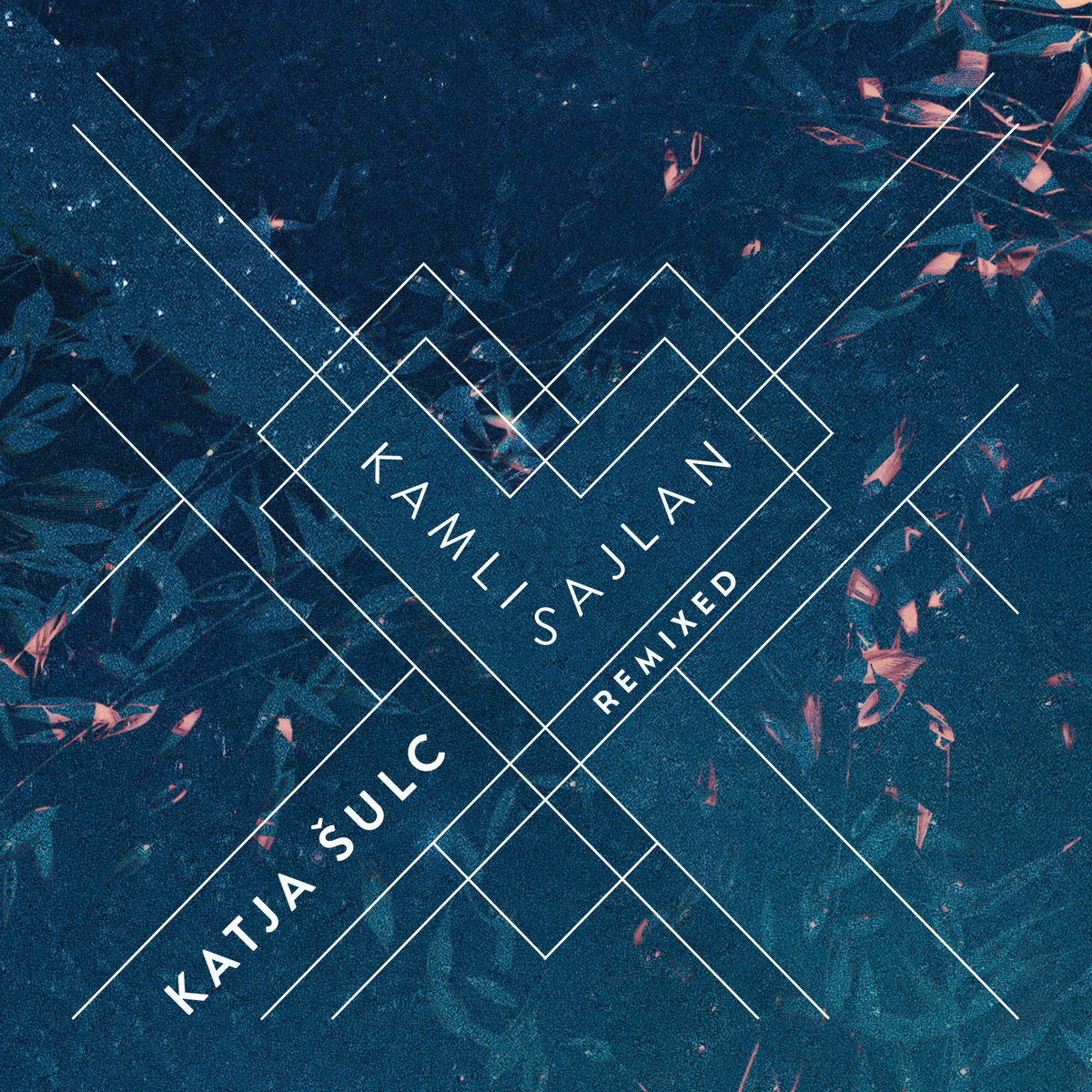Photo Credit: Peter Giodani
Katja Šulc’s otherworldly voice is filled with a warmth and power that has distinguished her as one of Slovenia’s foremost talents on the Pop and World Music stage. Since her time at the New School in New York City, Šulc has consistently put out soulful and melodic releases that oscillate between Jazz, Alternative Pop, World Music, Flamenco, Gypsy Blues and Electronics. Her debut 2008 album Mila, an homage to the poetry of the well-revered poet and actress Mila Kačič, set an enduring trend for Šulc of adapting the works of acclaimed poets to music. Whether it’s setting Elizabeth Bishop’s iconic 1976 poem One Art to song (Magmalaska, 2019) or a contemporary interpretation of Rromani poetry (Kamlisajlan, 2016), Šulc’s delivery is without exception genuine and refreshing.
Music Traveler has proudly selected Katja Šulc to participate in the premiere of Music Traveler TV with a performance of songs from her upcoming album Caricias (Casete México, 2021), accompanied by Slovenian multi-instrumentalist and music producer KALU, whose solo album Get Well Soon was released in 2018. The colorful live session was recorded at KALU’s home studio in Ljubljana, produced by Channel Zero, AKC Metelkova.
How would you describe your relation to Central and Eastern European music?
The relation is quite strong, I am very inspired by the unique musical heritage from Eastern Europe and the Balkans. In terms of influences, we all draw and create from musical sources that have influenced us, although this impact is much wider than the territory we live in. I tend to be diverse in my musical expression, eclectic and authentic.
Tell us about the Kamlisajlan project.
Kamlisajlan is my homage to Rromani culture. It is based on Rromani poetry from Eastern Europe and the Balkans, including unknown and renowned contemporary Rromani poets. I’ve been admiring gypsy culture and music since I was little and I feel honored I was able to pay my own little tribute to it. I researched poetry during a long-term residency in Paris, under the mentorship of Rromani professor and activist Marcel Courthiade. The poetry was later on set to music in Mexico, due to an encounter with mexican violinist Alban Usatch, who helped me create the music. The album was released in 2016 by Casete México and has since then taken me on many musical adventures, from Mexico, Portugal, Morocco to Nepal and China.
And the Mexico connection?
The Mexico connection is a long story. It goes way back to 1999, when I traveled to Mexico for the first time. This trip was life changing, Mexico became my second home, I have been returning there regularly ever since. During the artist residency in Oaxaca in 2019 I was celebrating my 20th anniversary with Mexico and got the idea to pay a personal homage to mexican poetics. I recorded an album in Oaxaca in January 2020, including traditional, contemporary and indigenous poems. It is called Caricias and will be released in Spring.
One of our missions at Music Traveler is connecting artists. Any dream collaboration you’d love to see happen?
If I may dream big, I would love to blend voices with one of my heroes, Mike Patton. In connection to other artists around the globe, I am open to new forms and networks that help us resonate on the same frequencies.
How has streaming changed your approach to music?
I was not excited about streaming at the beginning, but when it became clear that this will be the only way to play for a while, I accepted it. I did question the deliverance of music, how to transmit the vibe, the energy, to the audience through camera. The review of my first live stream I did with KALU was good, saying "obviously, you can hypnotize with musical Esperanto at a distance" (Jaša Lorenčič, Odzven). I experienced some wonderful live streams as a viewer myself, Širom and Silvia Perez Cruz for instance. The experience was transformative, the magic can come through, and I am glad this possibility exists. We all miss live concerts though.


